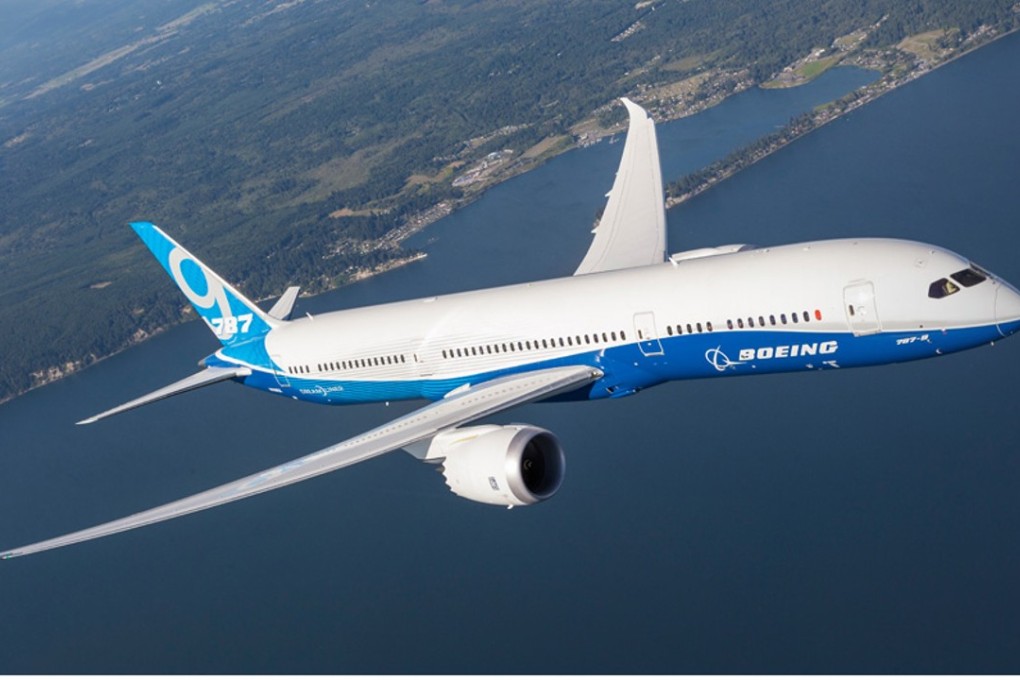Beijing has more weapons to use against US in a trade war, Chinese analysts say
Soybeans, tourism and Treasury bonds could all be options if Beijing wants to hurt Washington

On Thursday, the White House announced plans to introduce tariffs on US$60 billion worth of Chinese imports. The following day, Beijing hit back, saying it would levy 15 per cent tariffs on 120 types of US products, including fruit, wine and steel pipes, worth US$977 million, and 25 per cent tariffs on a further eight other categories of goods, including pork and recycled aluminium, worth US$2 billion, if the tit-for-tat spat was not resolved.
On Saturday, China’s former Finance Minister Lou Jiwei said Beijing’s retaliatory measures were “relatively mild” and that tougher steps should be taken.
“If I were in the government, I would hit soybeans first, then cars and planes,” he told a forum.
Here we look at why Lou suggested soybeans and what other American goods Beijing might target to cause the most damage to its rival:
Soybeans